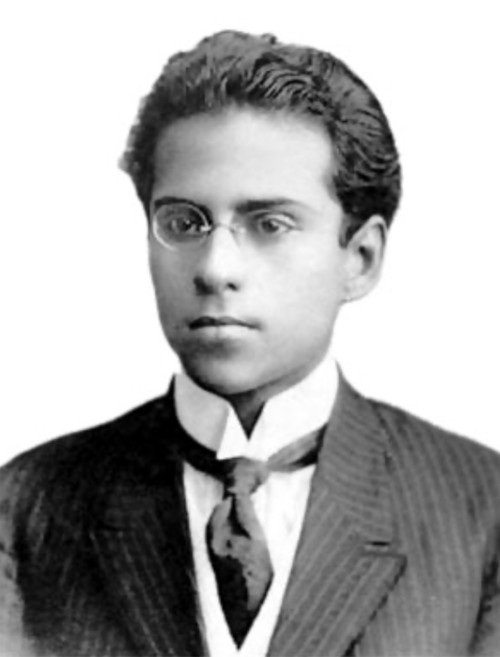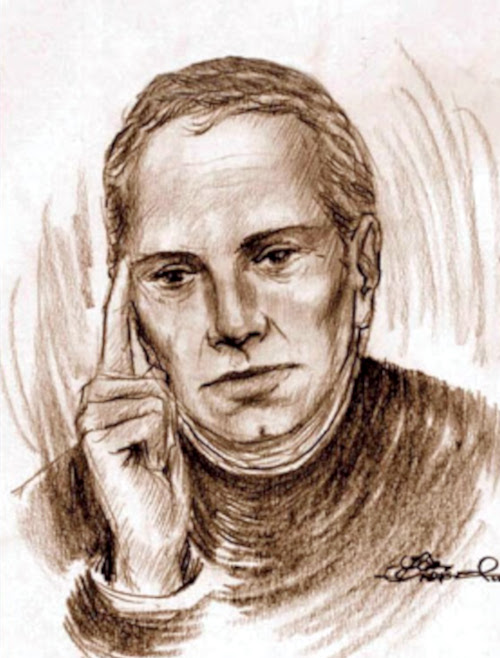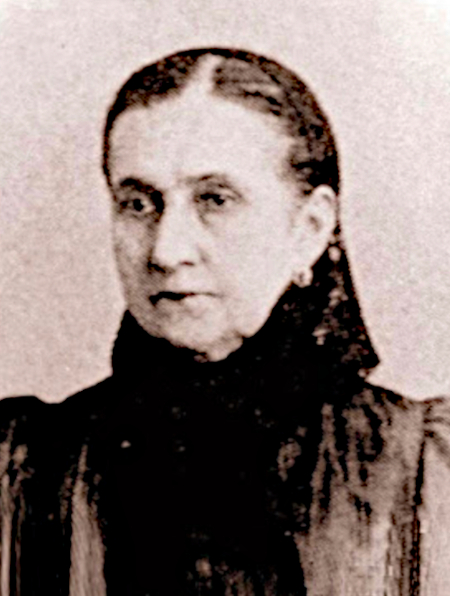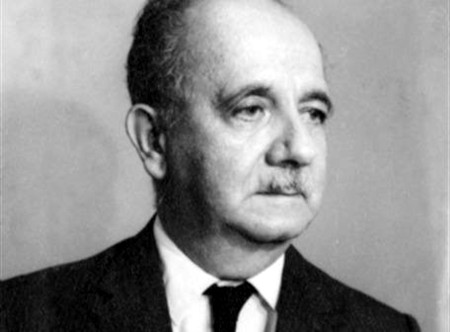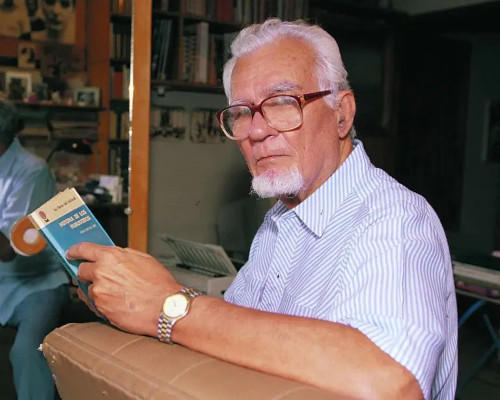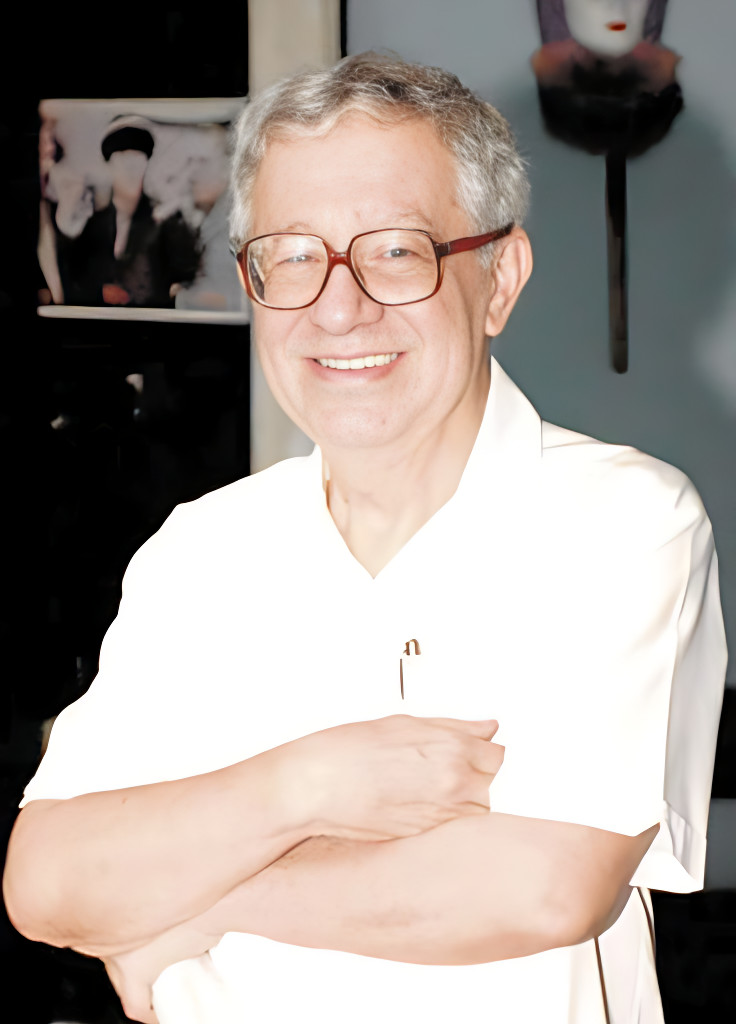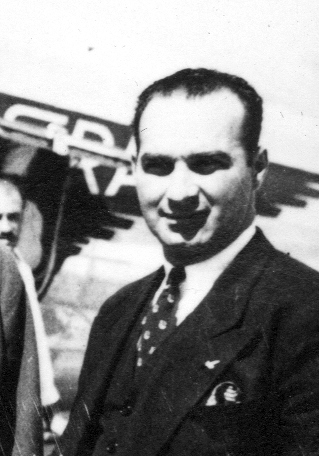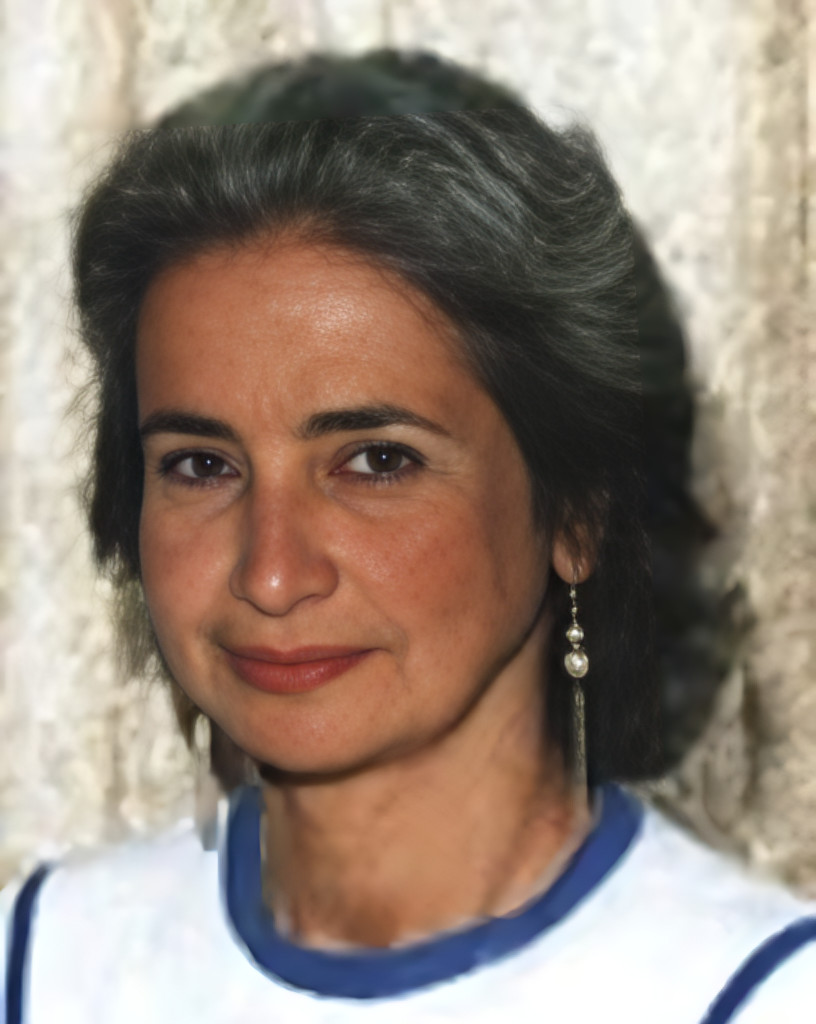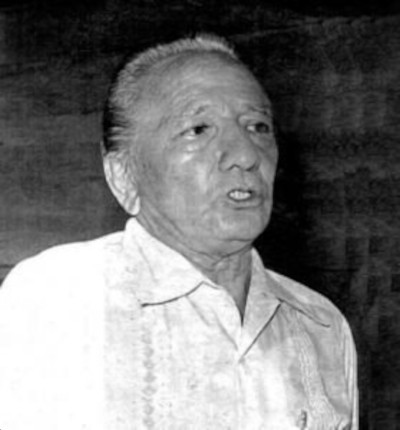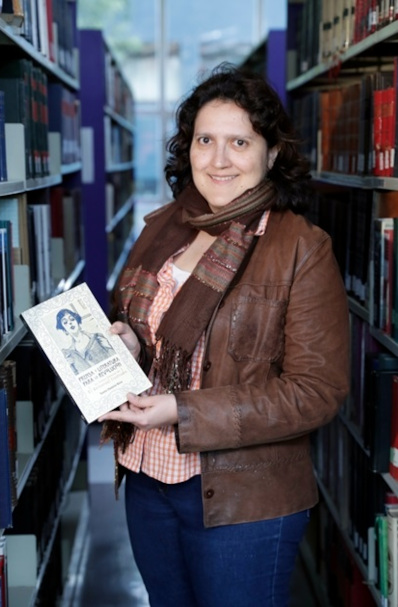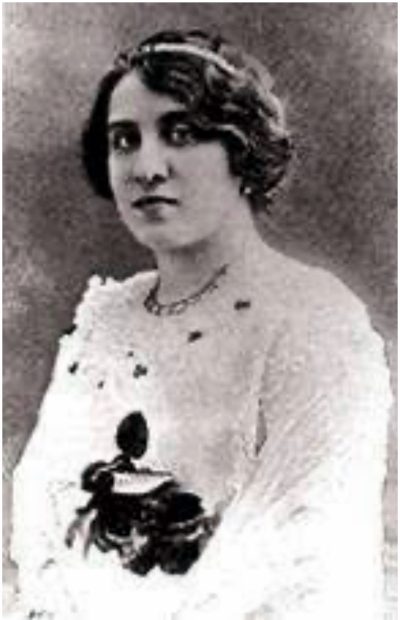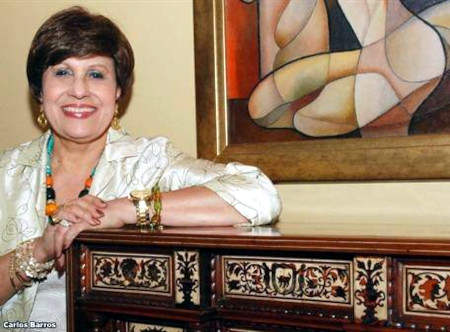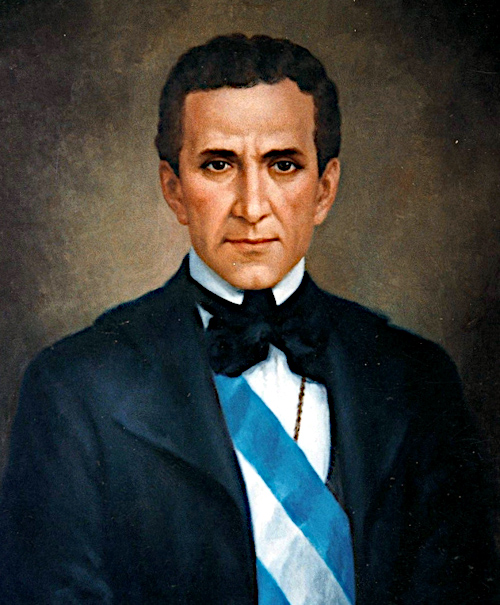Medardo Ángel Silva Rodas (Guayaquil, June 8, 1898 – Guayaquil, June 10, 1919) was an Ecuadorian poet, writer, and journalist, known as one of the most significant members of the Generación Decapitada (Decapitated Generation), a group of modernist poets in early 20th-century Ecuador. His work, heavily influenced by French symbolism and the modernist movement led by Rubén Darío, explored themes of love, melancholy, and death. Silva published his poetry in his collection El árbol del bien y del mal (1918) and gained national recognition with his poem “El alma en los labios,” later made famous as a song by Julio Jaramillo. His tragic death at 21, widely believed to be a suicide, remains shrouded in mystery, further enshrining his place in Ecuadorian literary history.
Continue reading “Medardo Ángel Silva”Category: Writers from Guayaquil
Jacinto de Evia
Jacinto de Evia (Guayaquil, circa 1629 – 17??) was a priest and poet from the Spanish colonial period in Guayaquil, in what is now Ecuador. He is considered the first erotic poet of Ecuadorian literature because of poems he wrote in his younger years which he published in a book entitled, “Ramillete de Varias Flores Poéticas“ (Spain, 1675). The book also contains poems by his mentor Antonio de Bastidas and Hernando Domínguez Camargo. Some year prior to 1650, he traveled to Quito to study at the seminary school of San Luis, of the Society of Jesus, where he became a pupil of the great poet Antonio de Bastidas.
Continue reading “Jacinto de Evia”Rita Lecumberri
Rita Lecumberri Robles (Guayaquil, November, 14, 1831 – Guayaquil, December 23, 1910) was an Ecuadorian writer and educator. She was a published and awarded poet and essayist. She is also noted for her contribution to the education of women in Ecuador. She was director of the Escuela San Alejo in 1880-82 and 1882-95. A school, (El colegio Rita Lecumberri) is named after her as well as an award.
Continue reading “Rita Lecumberri”J.D. Santibáñez
J.D. Santibáñez, born José Daniel Santibáñez (Guayaquil, 1959) is an Ecuadorian science fiction novelist and comic book writer. He studied Illustration at Parsons School of Design in New York. Santibáñez’s literary contributions include two notable novels: “Ejecútese el mañana” (2001; Execute Tomorrow), a thrilling blend of science fiction and noir set in the near future, and “El mago” (2003; The Magician), a captivating fusion of fantasy, supernatural elements, and action. Displaying his creative versatility, Santibáñez also delved into the realm of comic books, crafting the critically acclaimed “Cómic Book” (2008), a compilation of 27 enthralling graphic stories encompassing science fiction and crime. Alongside his remarkable artistic achievements, Santibáñez shares his knowledge and expertise as a professor at institutions such as the Escuela Superior Politécnica del Litoral (ESPOL), Universidad Santa María (USM), and Universidad de Especialidades Espíritu Santo (UEES). His written works, whether in prose or sequential art, enthrall readers with their fast-paced, darkly ironic, and immensely entertaining narratives populated by a diverse cast of characters, ranging from cowboys and time travelers to hitmen and apocalyptic monsters.
Continue reading “J.D. Santibáñez”Jorge Pérez Concha
Jorge Pérez Concha (Guayaquil, June 5, 1908 – Guayaquil, April 1, 1995) was an Ecuadorian historian, biographer, writer, and diplomat. He wrote biographies of Eloy Alfaro, Luis Vargas Torres, and his uncle Carlos Concha Torres, among others. In 1989 Pérez was awarded the Eugenio Espejo Award in Culture by the president of Ecuador.
Continue reading “Jorge Pérez Concha”Miguel Donoso Pareja
Miguel Donoso Pareja (Guayaquil, July 13, 1931 – Ibidem, March 16, 2015) was an acclaimed Ecuadorian writer whose literary contributions left an indelible mark on the cultural landscape of his country. Known for his experimental narrative style, introspective explorations of themes, and dedication to promoting literature, Donoso Pareja’s impact extended far beyond the pages of his books. Through his workshops and mentorship, he nurtured the talents of aspiring writers, fostering a new generation of literary voices. His works, ranging from novels and poetry to essays and short stories, challenged conventions and invited readers to engage with complex ideas. Despite facing health challenges in his later years, Donoso Pareja’s passion for literature remained unwavering until his passing. His legacy as a writer, mentor, and cultural advocate endures, continuing to inspire and enrich the literary world in Ecuador and beyond. In recognition of his contribution to Ecuadorian literature, he was bestowed the Eugenio Espejo Prize in 2006, Ecuador’s highest literary award.
Continue reading “Miguel Donoso Pareja”José Martínez Queirolo
José Miguel Martínez Queirolo (Guayaquil, March 22, 1931 – Guayaquil, October 8, 2008) was an Ecuadorian playwright and writer. He was awarded the national theater award on four occasions for his plays, La casa del qué dirán (1962), Los unos vs. Los otros (1968), La dama meona (1976) and La conquista no ha terminado todavía (1983). He was the 2001 recipient of the Eugenio Espejo Award in Literature, awarded to him by Ecuador’s president.
Continue reading “José Martínez Queirolo”Enrique Avellán Ferrés
Enrique Avellán Ferrés (Guayaquil, December 11, 1904 – Quito, 1984) was a distinguished Ecuadorian novelist, playwright, and legal scholar, celebrated for his contributions to both the literary and legal fields. Author of the compelling novel “La enorme pasión,” the critically acclaimed three-act play “Como los árboles” (1927), and the innovative musical fantasy “La rebelión del museo” (1969), Avellán Ferrés carved out a unique space in Ecuadorian culture. After earning a degree in social and political sciences from the University of Guayaquil, he went on to achieve notable success, including winning literary prizes and playing a pivotal role in copyright law advocacy, further establishing his legacy as a multifaceted intellectual force in Ecuador.
Continue reading “Enrique Avellán Ferrés”Eugenia Viteri
Blanca Eugenia Viteri Segura (Guayaquil, July 4, 1928 – Quito, September 21, 2023) is an Ecuadorian novelist, short story writer, anthologist, women’s rights activist, and teacher. Viteri has published over a dozen books including novels, short story collections, and anthologies. Her work has been translated into English, Russian, and Bulgarian. She has been a member of the House of Ecuadorian Culture since 1962. She founded the Manuela Sáenz Cultural Foundation in 1983. Through her work with the foundation, Viteri became one of the most important defenders of women’s rights in Ecuador. In 2008, President Rafael Correa honored her with the Rosa Campuzano National Prize. She was among the first to receive the newly created award, which recognizes the work of noteworthy Ecuadorian women.
Continue reading “Eugenia Viteri”Pedro Jorge Vera
Pedro Jorge Vera (Guayaquil, June 16, 1914 – Guayaquil, March 5, 1999) was an Ecuadorian journalist, novelist, short story writer, playwright, poet, university professor, and a politician from the Communist Party of Ecuador. He published and contributed to several controversial newspapers and magazines, such as “La Calle”, with the writer Alejandro Carrión, and “La Mañana”. He remained throughout his life a close friend of Cuban president Fidel Castro. Vera was the paternal uncle of Prima Ballerina Noralma Vera Arrata.
Continue reading “Pedro Jorge Vera”Eduardo Varas
Eduardo Varas Carvajal (Guayaquil, 1979) is an Ecuadorian novelist, musician and journalist, currently living in Quito. He studied Social Communication at the Catholic University of Santiago de Guayaquil and was a member of Miguel Donoso Pareja’s Writer’s Workshop. He has worked for the newspapers El Comercio, El Universo, El Expreso, and El Telégrafo, as well as the magazines SoHo, Mundo Diners, and Ecuador Infinito. In 2007, he published “Conjeturas para una tarde,” a collection of short stories, and in 2008, he was included in the online anthology “El futuro no es nuestro,” along with several other Latin American short story writers. In 2010, he wrote the novel “Los descosidos.” In 2021, he won the Miguel Donoso Pareja Award for his short novel “Las tres versiones,” which was based on the true story of Ecuador’s youngest serial killer, Juan Fernando Hermosa. In 2021, he published his latest novel “Esas criaturas.”
Continue reading “Eduardo Varas”Yanna Hadatty
Yanna Hadatty Mora (Guayaquil, 1969) is an Ecuadorian short story writer, essayist, and literary critic. Based in Mexico since 1992, she earned her Doctorate in Ibero-American Literature from the National Autonomous University of Mexico (UNAM). Her work focuses on the study of Latin American avant-garde literature, particularly in Ecuador and Mexico, and she has published extensively on these subjects, including the critical essays Autofagia y narración (2003) and La ciudad paroxista (2009). Hadatty has also contributed to numerous anthologies and continues to teach and conduct research at UNAM.
Continue reading “Yanna Hadatty”María Piedad Castillo de Levi
María Piedad Castillo de Levi (Guayaquil, July 6, 1888 – Quito, March 4, 1962) was an Ecuadorian writer, poet, journalist, and feminist. She fought for women’s suffrage and co-founded Nuevos Horizontes, a feminist magazine. Castillo studied at the Sorbonne in Paris and later worked for El Telégrafo Literario. A delegate to the Inter-American Commission of Women from 1940, she also joined the House of Ecuadorian Culture and traveled widely, contributing to international media. In 1962, her poetry collection Poemas de Ayer y de Hoy was published.
Continue reading “María Piedad Castillo de Levi”Rosa Amelia Alvarado
Rosa Amelia Alvarado Roca (1944, Guayaquil) is an Ecuadorian writer and poet. In 1964 she founded the Guayaquil-based magazine Hogar, which became the biggest women’s magazine line in Ecuador. From 1967 to 1972, she worked in television as the director of programming at Channel 2 in Guayaquil, specializing in the creation of cultural programs. She is the president of the Guayas branch of the House of Ecuadorian Culture, and is a member of the Ecuadorian Academy of Language. Her most notable poems include: “Añoranza,” “Cosas Absurdas,” “De lo profano (II),” “El sermón de la montaña” and “La vida va y viene.”
Continue reading “Rosa Amelia Alvarado”José Joaquín de Olmedo
José Joaquín de Olmedo y Maruri (Guayaquil, March 20, 1780 – Guayaquil, February 19, 1847) was a notable Ecuadorian poet, first mayor of Guayaquil, and former president of Ecuador. In his poetry, Olmedo emphasized patriotic themes. His best-known work is La victoria de Junín: Canto a Bolívar (1825; “The Victory at Junín: Song to Bolívar”), which commemorates the decisive battle won there by the forces of the liberator Simón Bolívar against the Spanish armies. It is considered by many critics the finest example of heroic poetry written in Spanish America.
Continue reading “José Joaquín de Olmedo”
